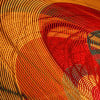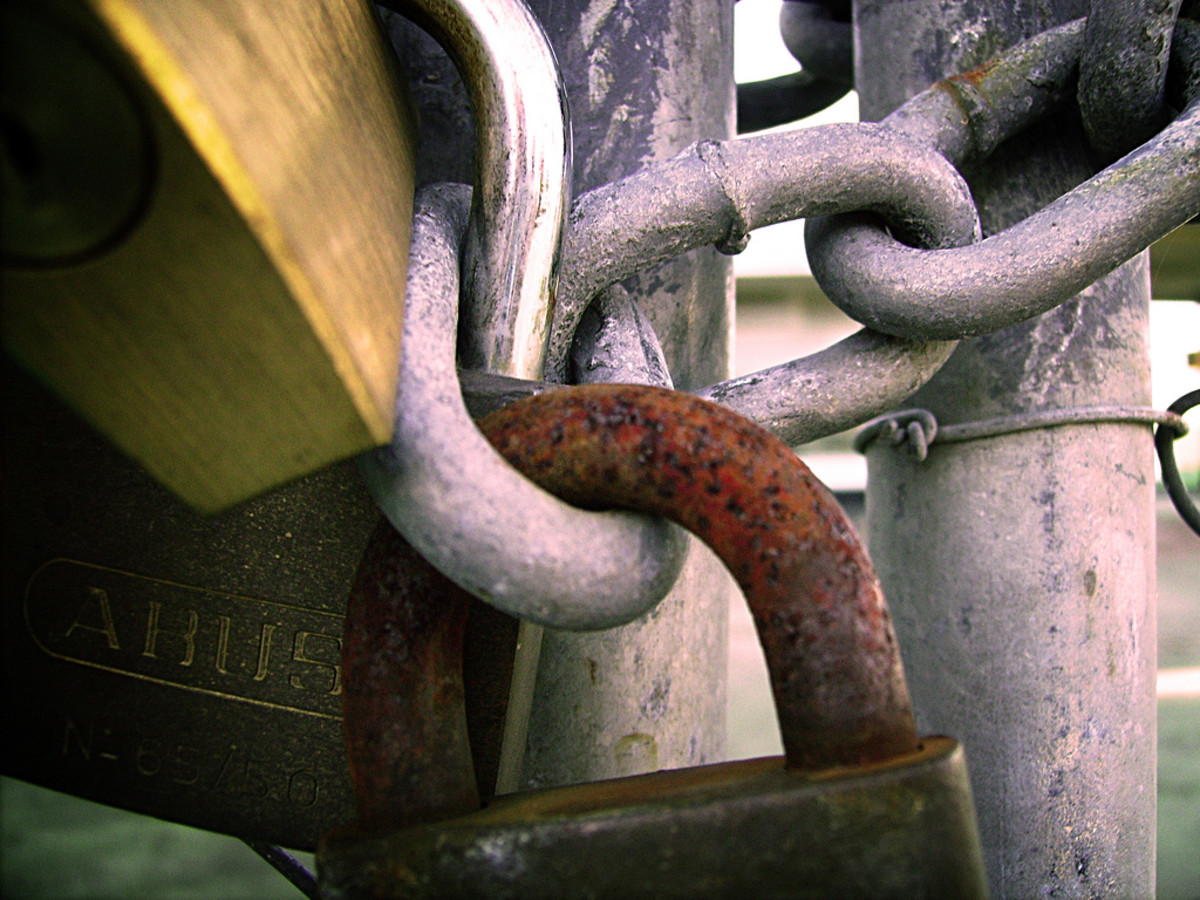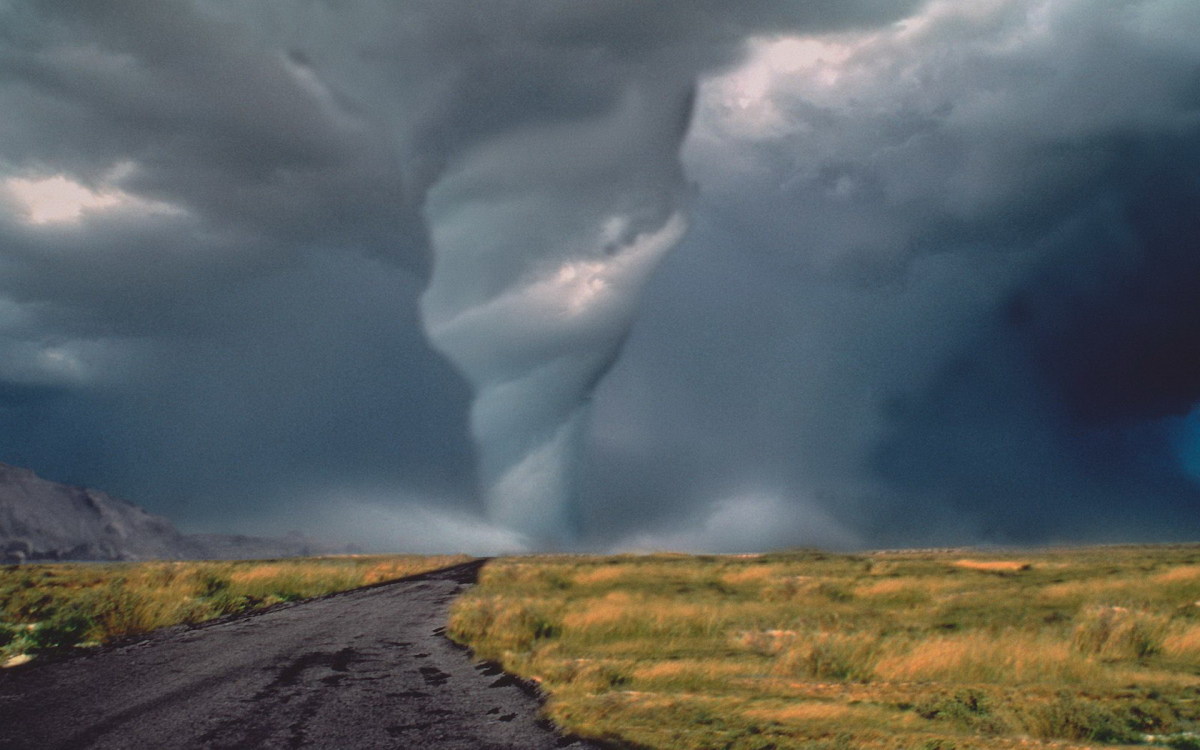13 Tips for Staying Safe from Accidents and Crime Outdoors
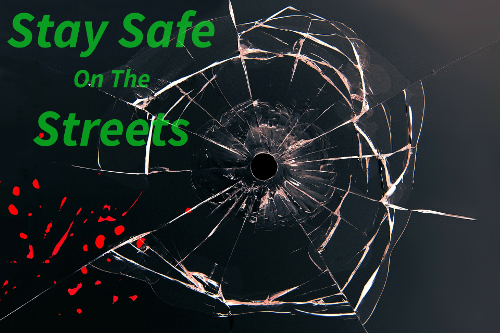
The Great Outdoors
Most people like to spend time outside. Sometimes it’s for recreation. We walk and jog in the warm weather, ski and sled in the cold, and enjoy the fresh air whenever we can. Other times we’re just trying to get from one place to another. No matter what the reason, there are some simple safety tips you can follow to help stay safe.
Stay Safe From What?
There are a number of things that I have in mind when it comes to personal safety. I think they apply to most people’s situations.
-
Accidents
-
Assaults
-
Robberies
Many of us live in very busy environments. There are cars and trucks speeding about and people everywhere. There is plenty of opportunity for accidents and encounters - both positive and negative - with people.
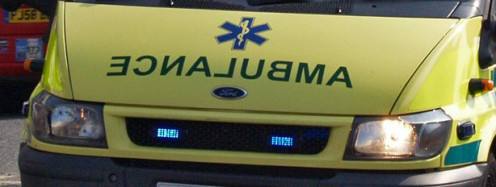
Tip #1 - Bring a Friend
In addition to keeping you company, having a friend with you increases your safety in several ways.
-
Another pair of eyes and ears can help detect a situation that’s becoming dangerous.
-
A person who is alone is more likely to bothered by unsavory characters.
- A friend can call for help if needed.
Tip #2 - Leave the iPod Home
Listening to music is great. Hard charging music during a fast run can really energize your workout. However, it totally blocks out a very important sense - your hearing. Hearing what is going on around you is vital to staying safe.
When you put in those ear buds:
-
You can’t hear the cars, trucks, buses, emergency vehicles, and other things you’re sharing the roads with.
-
You can’t hear if something such as a person, bicycle, or dog is rushing up behind you.
-
You can’t hear anyone trying to get your attention to warn you of something.
-
Focusing on the music takes away your awareness of the situation around you.
Without the information about your surroundings that your ears provide, you’re at a dangerous disadvantage out in public. Don't limit this important connection to what's going on around you.

Tip #3 - Avoid Task Fixation
“Task fixation” is when you’re so intent on a particular activity that you lose awareness of what’s going on around you. The most common culprit today is the smartphone. I see people walking down the street every day with their heads hunched over staring at their smart phones. They’re completely unaware of what’s going on around them. This unawareness makes them a tempting target for troublemakers.
It also makes them much more susceptible to accidents. They don’t notice when the light turns red or if a car is coming towards them. For example, I once had a woman in her late twenties or early thirties lead a young child by the hand off the sidewalk and directly into the path of my vehicle while I was driving. She was fixated on her smartphone and had no idea what was going on around her. Luckily, I was paying attention (even if she wasn't) and was able to stop in time.
Tip #4 - Keep Your Head on a Swivel
When you’re out and about, keep looking around you. Notice who and what is in your immediate vicinity. This helps you keep a mental map of your surroundings and will allow you to come up with options more quickly if needed.
I sometimes see people walking along looking at the ground, intent on not making eye contact with anyone. I think it’s better that the people around you notice that you’re aware of their presence. You don’t need to challenge them with your eyes, but don’t let them think that you’re oblivious.
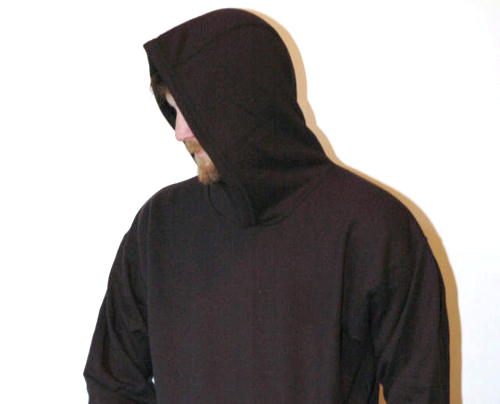
Tip #5 - Hoodies Aren’t a Safe Choice
If you wear a hoodie with the hood up, you seriously reduce your peripheral vision and, to a lesser extent, your hearing. This means that potential dangers may get much closer to you before you notice them.
If you want to cover your head, wear a hat instead of a hood. It will still keep your head warm and dry, but won’t provide cover for someone approaching you from behind.
Tip #6 - Pay Attention to your “Gut”
If you have a bad feeling about a situation, pay attention to it! Your subconscious mind may pick up subtle clues about a situation that your conscious mind may not notice. It’s well worth listening to these feelings.
Which way do face when walking down the street?
Tip #7 - Walk Facing Traffic
When you walk facing traffic, you’re able to see the cars and trucks as they approach you. If a vehicle is out of control, you’ll have the opportunity to get out of its way. If you walk facing away from traffic, you won’t know about an out-of-control vehicle until you bounce off its bumper.
Also, walking facing traffic prevents someone in a vehicle from slowly following you without your knowledge.
Tip #8 - Know Where You Are
If you find that you suddenly need to get away from a bad situation, it’s very helpful to know where you are so you know where to go. You don’t want to rush away from a potential danger and find yourself in an even worse place. Finding yourself in a blind alley or a deserted location could make a bad situation much worse.

Tip #9 - Stay Out of Bad Areas
Most cities and towns have certain areas that seem to attract trouble. I live in a small city of about 90,000 people. When I listen to my police scanner at night, I hear the police called to the same few neighborhoods over and over, night after night. I make it a point to stay out of those neighborhoods. Some people may call that cowardice, but I call it prudence.
Tip #10 - Keep Your Lines of Sight Open
The further you can see in any direction, the more notice you have of any potential dangers and the less likely you are to be surprised. If you walk through thick brush in the woods, your line of site is very limited. You can’t be sure if there are any dangers near you.
The same is true if you’re walking down a sidewalk close to a building. If someone is waiting in a doorway or an alley, you won’t know it until they’re within reaching distance of you. Staying a bit further away from the building can give you a crucial few moments to react.
Tip #11 - Stick to the Edges
In general, the edges of an open area are safer than the center. If you’re in the center, there is action all around you. It’s very difficult to maintain awareness in all directions at the same time. On the other hand, if you’re off on the edge of the activity, most of the action will be in one direction. That makes it much easier to track.
Also, any means of escape - doors, windows, alleys - will be along the periphery rather than the center. Keep towards the edges and be aware of more than one way out.
Tip #12 - Don’t Deny Reality
If you find yourself in a threatening situation, recognize it as such! Don’t try to convince yourself that it’s probably not as bad as you think. Accept that the situation is real and take immediate action. The action could be to attack, yell, run, or anything else that will get you out of there as quickly as possible.
Tip #13 - Live to Fight Another Day
If you find yourself in a dangerous situation, your first choice should be to escape if possible. Get out of there and back to safety as fast as you can. There’s nothing wrong that. The best kind of fight is the one you avoid.
Conclusion
These tips are mostly common sense once you think about them. None of them require any great effort or major changes. They’re mostly based on maintaining situational awareness throughout the day. Keeping more aware of what’s going on around you helps keep you safe from accidents and crime.
Related Information
Situational Awareness - Increase Personal Safety Through Awareness of Your Surroundings
Keeping aware of your surroundings can help you stay safe from accidents and crime.
Tips for Staying Safe While In Your Car
If you spend a lot of time in your car, these tips may help you stay safe from accidents and crime.
12 Tips for Staying Safe While In Your Home
Home safety is a big topic with many areas to cover. These tips will help you get started toward a safer home environment.
